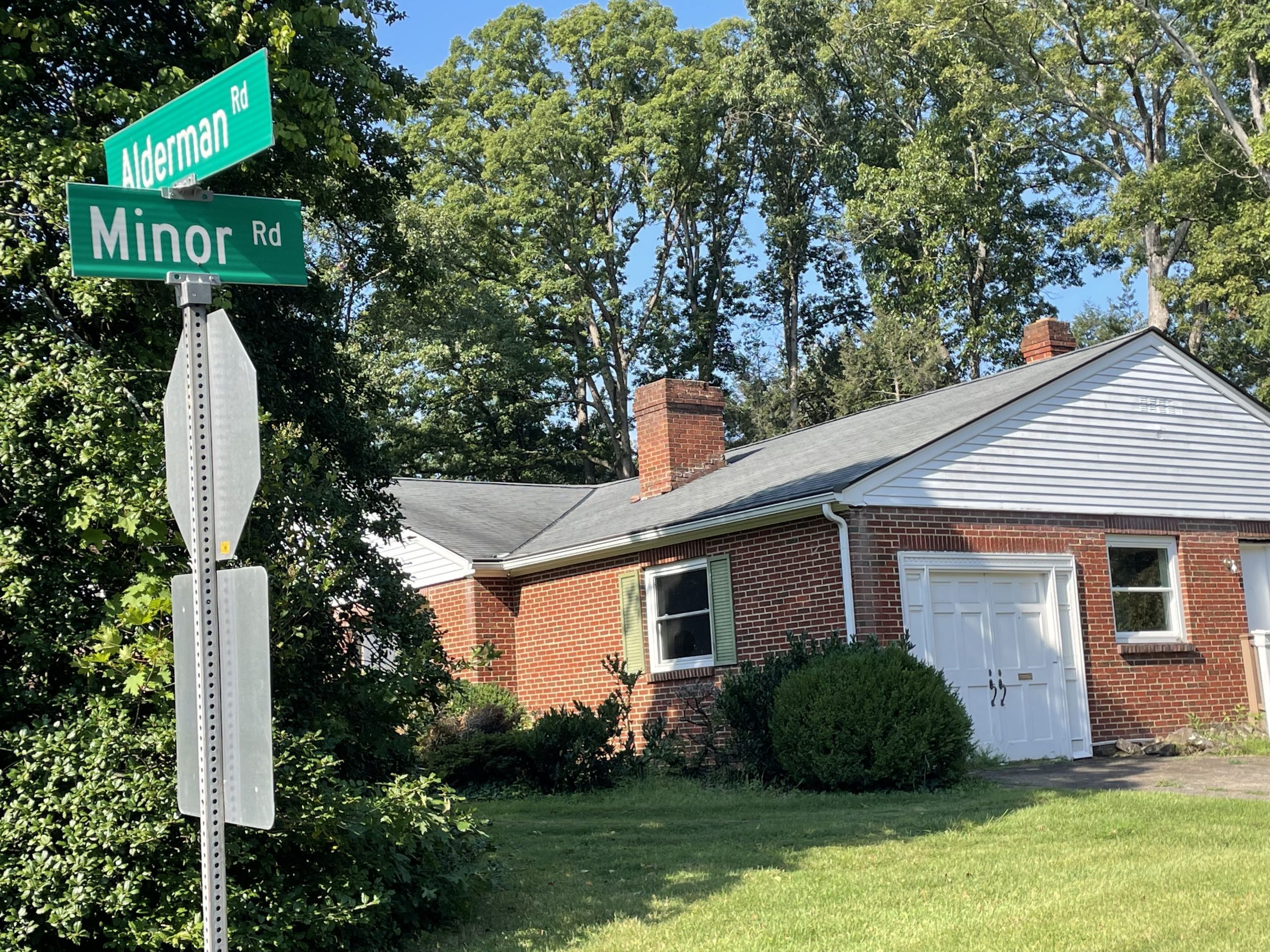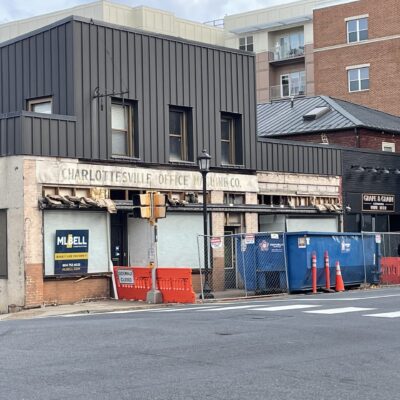The waiting game continues for a lawsuit filed earlier this year that seeks to nullify Charlottesville’s new zoning code.
A group of residents filed suit against Charlottesville in January alleging that city officials failed to follow state guidelines to study the impacts higher residential density allowed in the Development Code would have on transportation infrastructure. The land-use rules were rewritten shortly after City Council adopted a new Comprehensive Plan on November 21 that called for more housing across the entire city.
“A comprehensive plan and zoning ordinance must be submitted to [the Virginia Department of Transportation] for review when [they] will ‘substantially affect’ transportation on state-controlled highways,” wrote attorneys with the firm Flora Pettit in a filing with Charlottesville Circuit Court in late August.
This spring, Charlottesville responded with a motion seeking to dismiss the case arguing that the plaintiffs do not have the right to sue, and added they cannot prove they will be harmed by the new rules.
After a 90-minute hearing in late June, both sides filed written closing statements to inform Circuit Court Judge Claude Worrell’s eventual opinion. Lawyers with the firm Gentry Locke argue the suit should not proceed to trial.
“Plaintiffs do not like the policy choices in the new zoning ordinance,” the Gentry Locke attorneys wrote in their recent filing. “The City followed the process in enacting the NZO. The Plaintiffs, therefore, rely on strained legal theories and ignore facts in their effort.”
Attorneys for the city also argue that Charlottesville followed the rules when submitting the mobility chapter of the Comprehensive Plan to VDOT, a key claim made by the defendants.
“Plaintiffs cannot now—more than two years after the fact—fault the City for failing to double-check VDOT’s work product,” the closing argument continues.
Flora Pettit attorney Michael Derdeyn represents those plaintiffs, as well an anonymous group that previously sought to overturn the Comprehensive Plan based on many of the same arguments. He argues that VDOT review should have been based on the theoretical maximum of new housing units that could be built under the new code.
“There can be no question that the City failed to comply with its obligation,” Derdeyn wrote.
That will be up to Judge Worrell to decide, and a ruling will be issued at some point in the near future.
Meanwhile, developers have slowly begun taking advantage of the provisions in the new code that allow more density without asking City Council for permission. That includes six units planned to be built at 303 Alderman Rd., a property that had been zoned for single-family residential but is now in the Residential B district.
Another plan, submitted for land behind the Meadowbrook Shopping Center, will be the first to take advantage of bonus rules if units meet the city’s affordability guidelines.
A firm called Greenshire Holdings has filed a major development plan to build 24 units on what is now an 0.83-acre lot at 2030 Barracks Rd. The materials sent to the city include a request to subdivide the property into two lots with 12 units to be built on each.
No traffic management plan would be required because the total amount of construction is under the 50,000 square-foot threshold that would trigger one.






